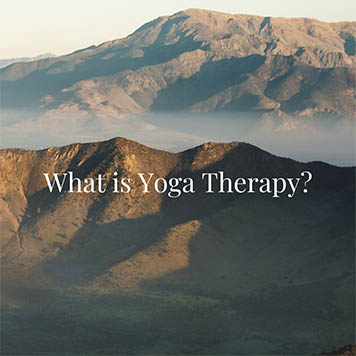I generally avoid conflict. In fact, I have a sixth sense for detecting it before it ever arrives, and I make a hasty retreat in order to avoid any face-to-face meetings. I’m an incredibly bendy yogi when it comes to avoidance! So, when I sat down to write about the topic of stress in relationships and how meditation has helped me, I kind of drew a blank. My thought was, “I don’t have stress in relationships, I avoid it!.” Therein lies the conundrum… and the clue. It’s true, sidestepping conflict carries its own stressful burden.
Stress in Relationships
I am like everyone else – I DO have stress as a result of my relationships.
When I hear the word stress, I think of annoyance, frustration, anger, and a clashing of wills. But what if, like me, you’re the easy-going type? I really don’t let myself get frustrated, or if something does bother me, I decide it’s not worth my energy to be upset and let it go. However, sometimes that doesn’t work and I’m left with an uneasy feeling I can’t easily escape. Logic and willpower only help to a point. Some feelings persist even when logic tells me to move on to other things. This is where meditation has been helpful.
Learning How to Meditate
Meditation is a process of training my mind to pay attention to some particular object, concept, or quality – and to maintain my attention, focused on that object, for some length of time. Like anything we want to learn, it requires consistent practice, so I try to do it daily. As a learning tool, I join weekly guided meditations. I also have a personal practice designed for me that I do on my own. In the course of learning how to meditate, I discovered that, like everybody else, my mind bounces all over the place.
One of the first skills I developed was the ability to notice when I am no longer focused on the object of my meditation. For example, I’d realize that instead of watching my breath rise and fall, I was thinking about my stuffy nose, which led to remembering I’d forgotten to take my allergy medicine, which got me wondering if I needed to go shopping… and down the road, we go.
The Observer
Enter the Observer (that part of me that notices when I wander off-track). There is something that happens as we work on keeping our attention tied to one thing. In the process of constantly watching the activities of our mind, noticing when attention has strayed, and then guiding it back to the chosen object, some space opens up within our perception, allowing new ways of seeing to happen.
The quote below from Walden, by Henry David Thoreau, nicely describes the process of observing ourselves.
In the space of noticing when my mind has wandered, I am also able to observe some other things. While on the surface I may feel frustration, quieting my mind with intentional focus allows me to notice that there are some other feelings behind the frustration, such as a need to be heard and respected.
Shifting My Perception
Once I have an awareness that I have some deeper, unmet needs in my relationships, my emotions begin to shift. My frustration diffuses and I’m left realizing that I wish the other person would really listen to me and acknowledge my view. If I stay with it, I may also have a shift in how I see the person on the other side of the conflict.
In seeing my own needs, I begin to realize that behind their actions there may also be some unmet needs, which they may or may not be aware of. Once this happens, all my tension drains away and I’m left feeling compassion, both towards myself and the other person. Somehow, by listening and observing my own thoughts and feelings, I’ve become able to see things from the other person’s point of view.
Accessing through Meditation
This process isn’t something that I can logically think my way through. It arises spontaneously on its own when I least expect it. The only access route I have found is to sit regularly in meditation, release my desire to be in control, and sit back to become the witness of my own process. Something shifts inside of me when these awareness moments happen. Getting my own way and being respected and heard seems less important when I can see that other people have all the same needs and desires as me.
By a conscious effort of the mind we can stand aloof from actions and their consequences; and all things, good and bad, go by us like a torrent. We are not wholly involved in Nature. I may be either the driftwood in the stream, or Indra in the sky looking down on it. I may be affected by a theatrical exhibition; on the other hand I may not be affected by an actual event which appears to concern me much more.
I only know myself as a human entity; the scene, so to speak of thoughts and affections; and am sensible of a certain doubleness by which I can stand as remote from myself as from another. However intense my experience, I am conscious of the presence of and criticism of a part of me, which, as it were, is not a part of me, but spectator, sharing no experience but taking note of it; and that is no more I than it is you.

Laura Lehrer
Laura is a certified yoga therapist and holistic health coach. She is deeply committed to helping her clients create a joyful, balanced life. Learn more about her here.



